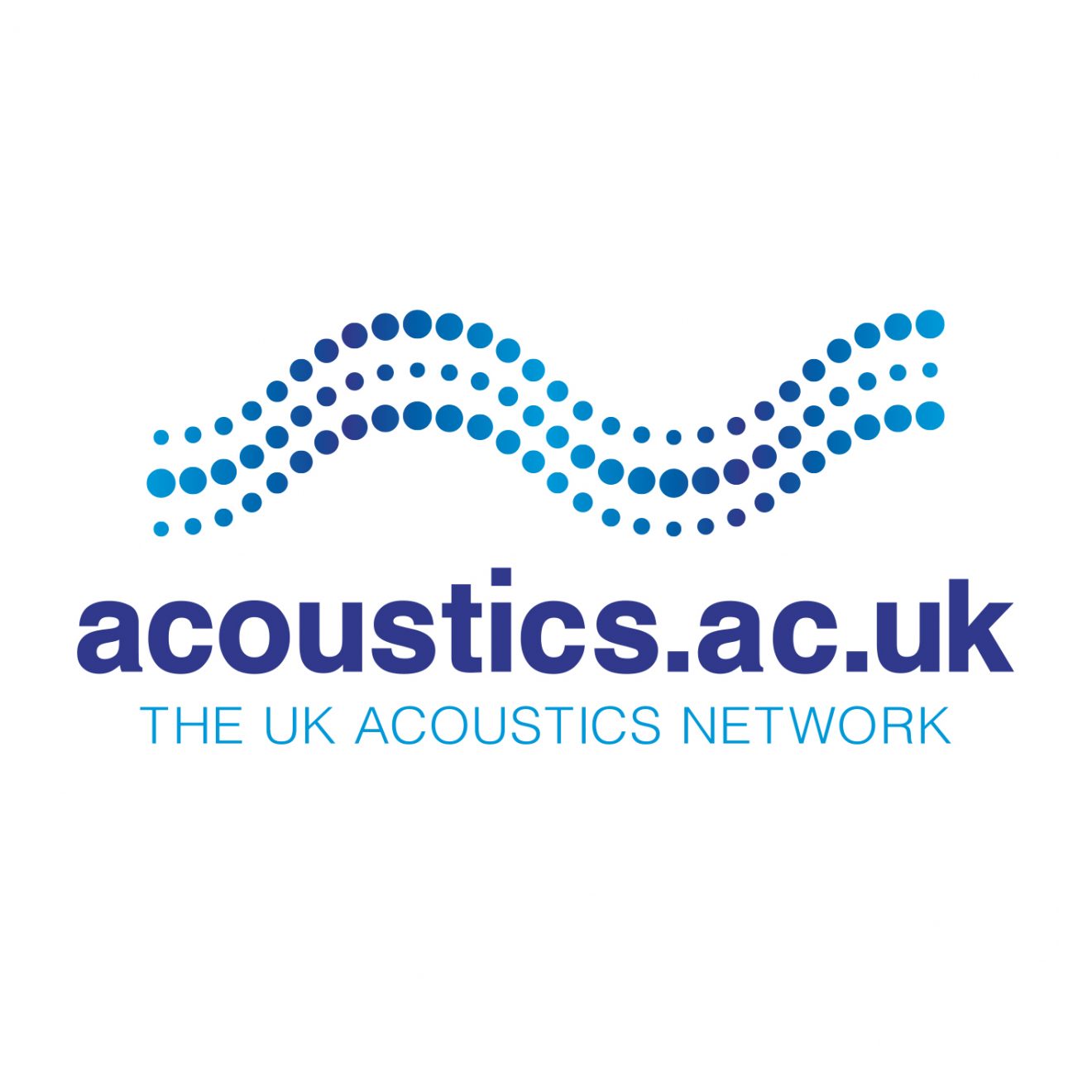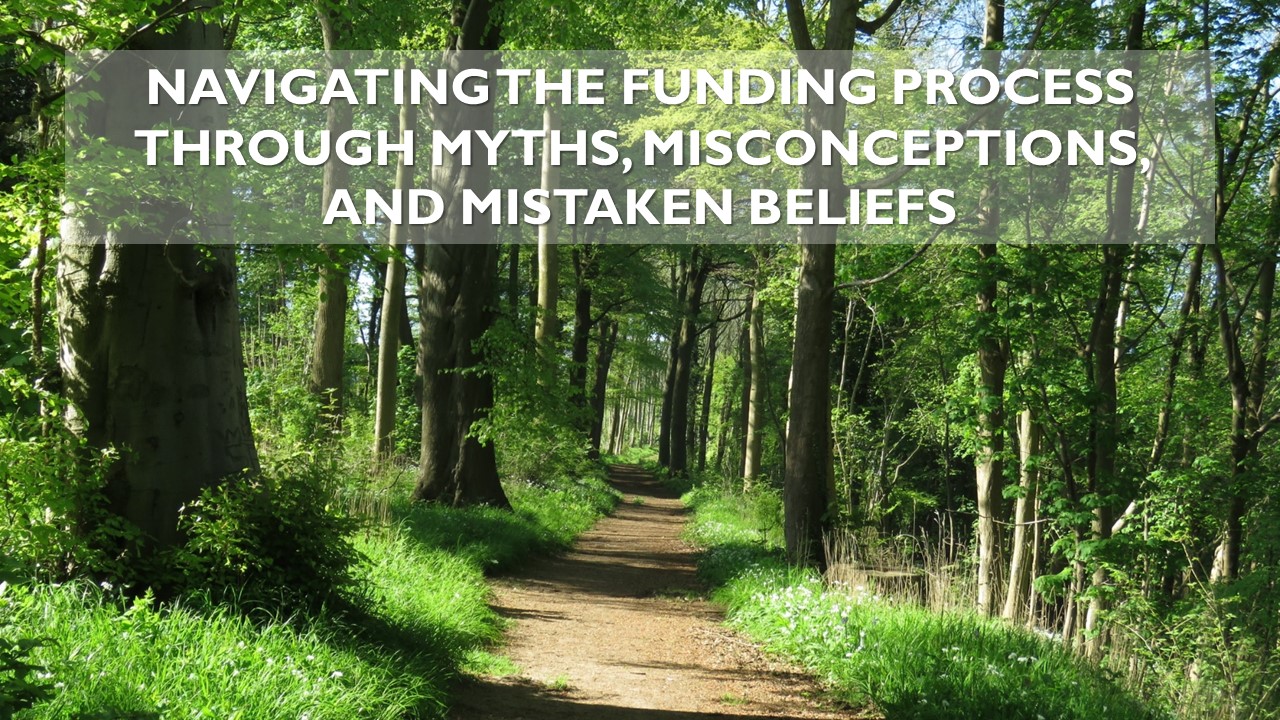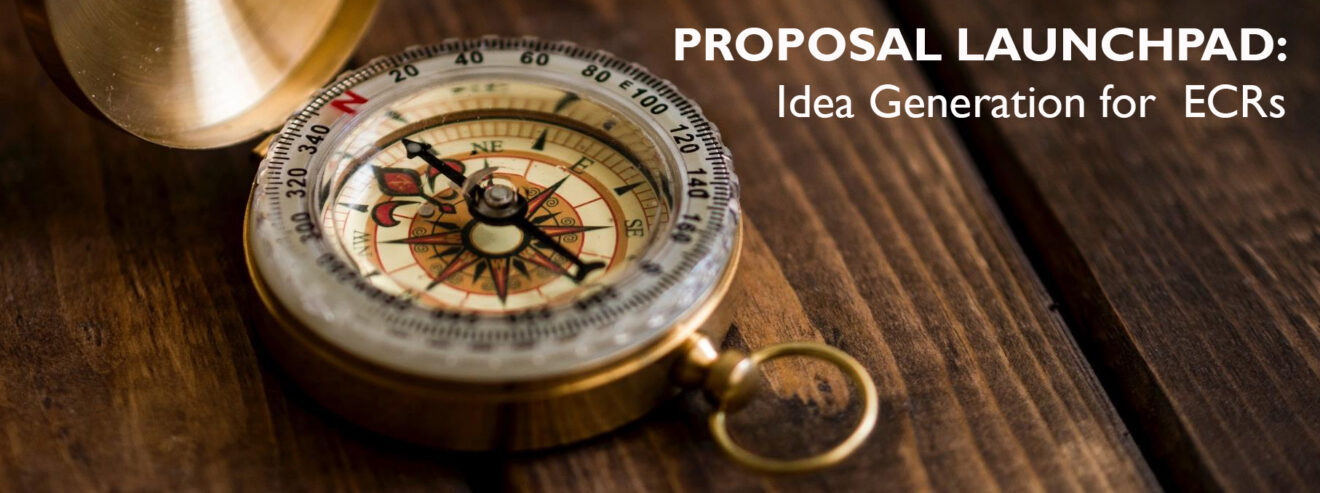
|
|
Welcome to our September newsletter, a range of news from across our network reflecting and informing our community.
|
|
|
|
Funding Call 3
|

|
Call 3 will be launched at the Annual Event on the 14th September and close 2nd November 2023 .
|
A one hour webinar provides prospective applicants with information on what UKAN+ is looking for in its funding call and to also provide information on the application process. There will be two separate application forms: (i) for pilot research projects; and (ii) for knowledge transfer projects. More info about key differences between these projects in the webinar.
|
We are keen to see applications as PI reflecting the diversity of the membership of UKAN+. Particularly, we are keen to attract applications as PI from women, who were under-represented in the last round compared to their representation in the wider UKAN+ membership.
|
|
Full details available on our website.
|
|
|
|
|
|
|
Call for Call 3 reviewers
We are looking to you to blind review a small selection of the proposals received. Each selected reviewer will be given no more than 5 applications and reviewed using a simple streamlined reviewer form. We are looking to secure reviewers who are early career, senior academics and those in industry.
|
Details will be issued to selected reviewers no later than the 9th November. The absolute deadline for the forms to be returned is the 21st November but earlier would be welcomed.
|
If you are intending on applying for the call please do not volunteer to be a reviewer. If you are included in any of the other stages of assessment you will not be issued proposals to review.
|
|
If you are able to support us or if you have any questions please contact us.
|
|
|
|
|
There can be a tendency for researchers to think that because something shouldn’t matter, it therefore doesn’t matter. This can be seen in our third myth.
|
|

|
MYTH #3: Guidance documents are optional.
|
Funders like EPSRC are known for producing reams of guidance documents or never-ending websites that practically need a degree in archaeology to be properly excavated. In the best-case scenario, the guidelines are skimmed. Worst case? They’re ignored.
|
Yet doing so will practically guarantee a problem with your proposal. Take the formatting guidance. Using the wrong font type or font size and changing the suggested margins may seem like it shouldn’t really matter, but try submitting a standard mode grant to EPSRC using Arial Narrow 10 pt font will see the document returned to you to be fixed, adding extra time to the whole process.
|
It’s even worse for calls. If instructions aren’t followed to the letter—both with regards to formatting and the general topic of the call—proposals can be rejected outright because there usually isn’t enough time available for the PI to re-submit.
|
Believe it or not, guidance is provided for a reason. The reason may not always be clear to you, and you may not always agree with the reasons, but accepting the instructions and following them will make the funding process smoother for everyone involved. Including you.
|
|
MYTH #1: The only thing that you need for a successful proposal is a good idea.
|
|
MYTH #2: You are writing a proposal for yourself.
|
|
|
|

|
According to chemist Linus Pauling, the best way to have a good idea is to have a lot of ideas … then throw away the bad ones. This philosophy sits at the heart of Proposal Launchpad: Idea Generation for Researchers, a programme recently run for UKAN+ by Professor Dan Allwood (peak-writing.com) and Dr Elaine Massung (academic-smartcuts.com).
|
Rather than a tap that can be turned on when you need a proposal and off when you don’t, participants were encouraged to view idea generation as an ongoing process requiring constant topping up with feedstock: reading review papers and other publications, speaking colleagues in different fields, attending seminars and publications. Participants were given a toolkit of structured frameworks (INDAY, SWOT, PESTLE, and BRAIN) to help them begin to analyse their general research area or their specific project idea.
|
But how do you know which ideas need a bit more time to incubate or those which are unlikely to be competitive before you even begin writing your proposal? In other words, how do you separate the ones with potential from the ones that should be thrown away? Participants also explored the preliminary research that was necessary to understand how to evaluate their ideas, providing greater confidence that there will be fewer surprises once they begin to write their proposal.
|
Many thanks to participants for their kind comments, and we look forward to seeing programme alumni turning their ideas into proposals on future UKAN+ courses. Feedback included:
|
- I have thoroughly enjoyed this course. Although it focuses on ideas generation, the approaches taught and the tools provided by this course have benefited all aspects of my research. Elaine and Dan have been incredibly engaging and supportive throughout.
- Elaine and Dan have designed a very helpful course on how to start preparing a research proposal and how to generate ideas for proposals. The course has the right balance between taught content and more active and interactive learning. They are warm, encouraging and positive and are able to create a supportive environment for the participants. With their experience and expertise, they are the perfect people to offer such a course.
- It has been one of the best and most personally impactful courses I have ever attended.
|
|
|

|
|
Emerging talent in the acoustics sector Award
|
The Rising Star accolade is part of the John Connell Awards 2023, held by the Noise
Abatement Society.
|
Sponsored by the ANC and ANV Measurement Systems, the submission deadline is
22 September, and the shortlist will be announced one week later. Finalists will be invited to attend the awards ceremony, taking place on the 25 October, at the Houses of Parliament.
|
This is the fourth time the ANC and ANV Measurement Systems have supported The
John Connell Awards, with previous accolades centred around the promotion of
STEM, as well as the inaugural Rising Star Award held last year.
|
Graham Parry, President of the ANC, said: “The Rising Star Award is for an
individual who has made impressive progress or an outstanding contribution within
the first five years of their career within acoustics, either within their own team or the
acoustics profession as a whole. “Entries can be based on factors including the positive impact the individual has made on their organisation and/or the wider industry.
“Activity to enhance Equality, Diversity and Inclusion in acoustics could also be put
forward for consideration.”
|
Entry is open to individuals nominating themselves and entrants should be employed
in the acoustics profession, such as consultants, environmental health and protection
officers, engineers, technicians, as well as environmental and sustainability
professionals.
|
Entrants should hold some membership of the Institute of Acoustics and should
clearly demonstrate why they have been a ‘rising star’ in the industry. Entries should
also include an endorsement from a senior manager within their own organisation.
|
To find out more please visit Rising Star Award | The Association of Noise
Consultants (association-of-noise-consultants.co.uk)
|
|
|
|

|
|
|
|
|
|
|
|
|
|
|
|
|
|
If you have any news for our October newsletter do drop us an email before the 25th of September. We are interested to hear a range of news, perhaps you have a recent publication, or you would like to offer a blog for our community or maybe you know of some industry news we could share.
|
|
|
|
|